Project Report
Description of the ProjectThe aim of the project is to enhance human rights education by gamifying the learning process. This will be done by creating a game which will educate the players in the field of human rights by using an alternative learning method which contributes to problem solving and critical thinking. The aim of the “Justice Team” game is to engage the players in an educational and entertaining board game that explores the world of human rights and concepts. Through strategic gameplay and decision-making, the game seeks to enhance players’ understanding of these issues while promoting competition in a fun and interactive way.The introduction of human rights concepts in education is growing its importance. While new technologies may present privacy challenges, they also offer opportunities to disseminate information about human rights obligations and their protection in the modern digital world, particularly among younger generations. The project aims to solve the problem of how to teach human rights more creatively and effectively as the changing world situation adds to the importance of it. The “Justice Team” game has several important aspects. First, it serves as an educational tool to inform players about the principles of human rights, legal processes and various aspects of justice. By integrating these topics into a game, players can learn and retain important information in an engaging and memorable way. Second, the game promotes awareness of legal issues. By experiencing different scenarios through themed squares and game cards, players gain a deeper understanding of the challenges surrounding human rights and justice while becoming more aware and informed about them. Thirdly, the game challenges players to strategic and critical thinking. Players navigate the game board and make choices based on the themed cards, much like individuals and institutions must make important decisions in the real-world. Lastly, the game enhances healthy competition. It fosters healthy competition among players as they strive to win the game, mirroring the competitive nature often present in legal battles.In today's digitized society, the application of traditional human rights principles to contemporary challenges can be complex. Additionally, the pressing issues of the cost of living and growing inequalities call for a closer examination of the awareness of human rights responsibilities within diverse social groups, including students. The central problem that the “Justice Team” game addressed is the widespread lack of understanding and engagement with human rights and legal issues. In many societies, individuals may be unaware of their rights and legal processes that protect them. This can lead to the lack of empathy for those facing injustice and reluctance to engage in advocacy or activism.Gameplay Description"Justice Team" is an human rights themed educational board game designed for law students. The purpose of the game is to educate students on the topics of justice, human rights and the rule of law. "Justice Team" aims to educate students through various scenarios related to human rights - rights of the parties, legal representation, judicial process and human rights concepts. By providing right choices and engaging in discussion the players will collect points and emerge as champions of justice. The game is meant for a maximum of 4-8 people.Objective, impact and outcomeThe objective of the game is to educate law students in discussions and decision-making related to human rights. By presenting challenging scenarios and dilemmas, the game aims to promote awareness of human rights principles and their application in legal contexts, encourage critical thinking and meaningful discussions.Gameplay and components"Justice Team" consists of a game board, game cards and game pieces. Game board consists of a square board with snakes and a ladder type of board (every square has a number) and different themed squares. There are 49 squares, 7 rows of 7 squares. 20 colored squares and 27 regular squares. A deck of 20 cards is meant for each themed square.Description of the Research & the StakeholdersGames provide an engaging and interactive learning environment in education. According to research, games contribute to enhanced cognitive skills, problem-solving abilities, and knowledge retention (Gee, J. P., 2007). They create a dynamic space for experiential learning, allowing students to apply theoretical concepts to practical scenarios. Games often provide immediate feedback, allowing learners to understand and correct mistakes in real-time, fostering an iterative learning process (Steinkuehler, C., & Duncan, S., 2008). Games also promote intrinsic motivation, as learners are driven by the inherent satisfaction of overcoming challenges rather than external rewards (Malone, T. W., & Lepper, M. R., 1987). "Justice Team" leverages these benefits, aligning with the broader trend of incorporating game-based approaches in education for a more effective and enjoyable learning experience.The thematic areas chosen for exploration within human rights include accused rights, victims' rights, legal representation, and human rights concepts. Each area incorporates five carefully selected elements, whether rights, responsibilities, or concepts, derived from the European Convention on Human Rights (ECHR) and universal principles. The ECHR was chosen for its widespread influence in Europe and its status as a widely ratified international human rights treaty. The content of the game is designed with inspiration drawn from rulings of the European Court of Human Rights. These legal precedents form the basis for creating scenarios, questions, and answers, assuring that the game content mirrors real-world legal situations. Although we developed the scenarios ourselves, our focus was on making them as realistic as possible to provide players with genuine challenges and situations related to human rights and legal concepts.The chosen educational practices for the game include active learning, collaborative learning, visual learning, and problem-based learning. "Justice Team" encourages active learning through discussions, critical thinking, and decision-making, providing an immersive learning experience. The game's collaborative structure, designed for 4-8 players, facilitates group engagement and knowledge sharing. Visual learning is incorporated through the thematic colorfulness of the game board and illustrations on the cards, enhancing players' comprehension and creating visual connections based on learned knowledge. Problem-based learning is employed to introduce real-life problems related to human rights and legal concepts, fostering critical thinking and problem-solving skills among players.As of the prototype phase, the project currently lacks formal stakeholders. However, potential stakeholders in the future could include universities, eTwinning, School Education Getaway, and the European School Education Platform. These entities have a vested interest in innovative and effective educational tools, making them key candidates for collaboration and support.Sustainability of the ProjectThe sustainability of the project lies in the integration of gamification elements to enhance the player engagement. By making human rights education more interactive and game-like, the project aims to create a lasting impact and relevance in the world. Even though the game is targeted for university students, we recognize the importance of introducing human rights concepts in the early stages of education. The project contributes to long-term awareness and understanding of the topic.The project adopts an interdisciplinary approach, bringing together students from various fields such as law, linguistics, IT, marketing, and social studies. This collaborative effort ensures a comprehensive implementation strategy. The project integrates research from different fields, such as law, game studies, education, and IT. This contributes to the innovative practice of gamifying human rights education.The project involved students from different backgrounds and therefore the responsibility for implementation, methods, plans etc. relied on all the team members. Each team member was responsible for given tasks, based on their expertise. The students, under the guidance of the supervisor, take ownership of the creative process and the tangible results. The team will be responsible for the project outcome and sharing it with the stakeholders.ResultsThe project achieved a number of positive outcomes. It improved the way that students understood legal and human rights concerns. The multidisciplinary approach of the game, which incorporated findings from a range of disciplines including law, game studies, education, and IT, allowed for this to be accomplished. In addition, the game used problem-based learning, cooperative learning, visual learning, and active learning techniques. These methods promoted dialogue, critical thinking, and decision-making among students, making the learning process more dynamic and successful. Students were also able to apply their knowledge to real-world problems and hone their problem-solving abilities through interactive learning exercises by interacting with real-world scenarios.Additionally, the effort raised public understanding of justice and the legal system. This was made possible by the game's application of universal principles and the European Convention on Human Rights (ECHR). The content of the game was built around these tenets, which guaranteed that it was based on actual procedures. Additionally, the developer made sure that the content was up to date with the present legal environment by taking inspiration from decisions made by the European Court of Human Rights.

Media Coverage
Instagram Page
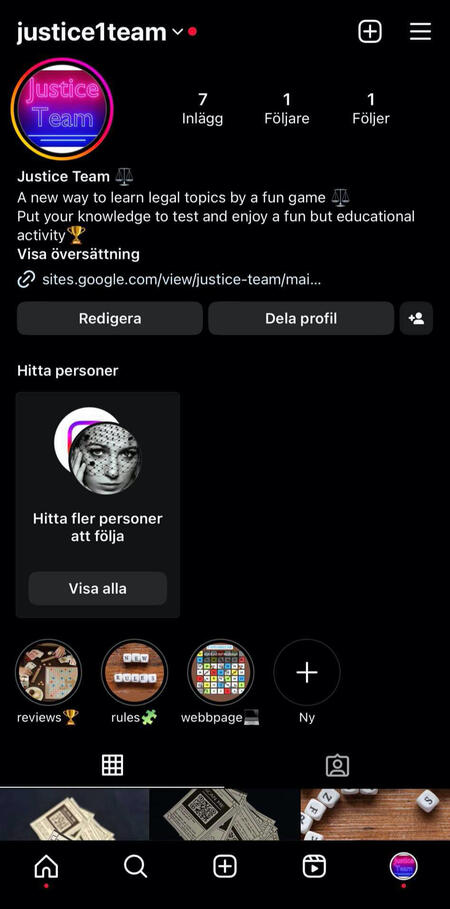
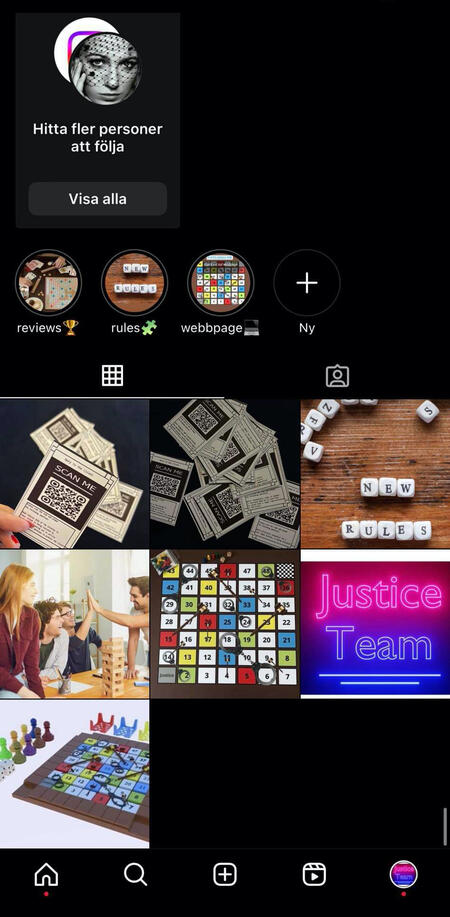

Self Reflections
Nikita Poljakov – As a student of the Faculty of "German Language and Culture", I was glad to take part in this project, because thanks to the knowledge I had already acquired at the university in the field of human rights and justice, I was happy to work on this project. "Human rights", a topic that is relevant to this day, since human rights and freedom are one of the most significant results of the legal development of society. And just thanks to the introduction of gamification this topic can be better explained, because thanks to the game form a person will be able to better understand this topic and thanks to the acquired knowledge a person will be able to know their rights better in the future and protect themselves in the future. This project helped me to better understand "Human Rights", as well as to work better in a team. My role in this project was that of a designer. My work was to create a virtual prototype of our game board and other game elements thanks to my knowledge in the field of 3D modeling. In addition, I created a cover for our game. Also, thanks to my knowledge in creating websites, I made a website where all the scenarios with questions and answer options were published, and I also created this porftolio website, where what we achieved in the project with our group was published. The most important goal of our game, especially for young students, is to teach human rights through the game. I really hope that our game has brought something truly interesting and relevant. Also, I was very pleased to work with all the members of our group. Each of the members of our group knew their responsibilities for which they were responsible on this project, as well as all the tasks that the members of our group took on were completed on time. Thanks to the effective work of each member of the group, we were able to achieve all our goals and objectives. I am glad that this project has been successfully completed and I am very pleased with the result we have achieved.Hamza Najeeb – I was doing 2d graphics designing. Such as creating the cards, integrating the QR code in the cards and designing the graphics on the website, also providing game ideas. My teammates after that have been really good and helpful along the way. I am really glad that we have achieved the goal that we set forth for ourselves, due to our good team work. I learned about human rights and also a bit about 3d designing. The teamwork and communication was smooth and effective. I liked to work with the team and would do it again if the opportunity arises.Tessa Kemiläinen – During the LIFE project I learned valuable skills. First, I learned more in detail about Human Rights as I created scenarios and questions about them for our game. It was informative to create the scenarios for each different topic we had chosen from Human Rights. Secondly, I learned about game development by following our game developers’ work and coming up with the idea and game play together for our Board game. Thirdly, I learned more about project management and teamwork by working with people from different programs, participating in meetings and managing tasks. Our team met the project goals by developing a game which will teach about Human Rights in a creative and fun way. Our team worked effectively, and communication was smooth.Kirke Freiberg – As a law student participating in the LIFE project, the experience has been enriching and aligning seamlessly with my academic pursuits. The focus on human rights, a subject I'm passionate about, has allowed me to gain deeper knowledge of not only human rights but also the practical applications of the theoretical knowledge acquired. My legal background came into play as I contributed to creating scenarios and questions that revolved around human rights issues for our game. Creating scenarios involved a balance between accuracy and creativity, ensuring that the game portrays the essence of human rights issues while maintaining an engaging and educational tone.Collaborating with team members from different academic backgrounds added a fun and eye opening aspect to the project. Every team member was not only kind and respectful but also very conscientious about their duties. Each member truly contributed to the project to the best of their abilities. I could not have asked for a better team with whom to develop the skills project management and teamwork.In conclusion the LIFE project has provided me with a versatile learning experience, uniting theory and practical application with teamwork in a creative setting. I am proud of the achievements of our group and the meaningful impact our game can have in educating others about human rights.Rebeca Vahedi – Working within a team, preached the importance of effective collaboration, understanding diverse viewpoints, and collective strengths to achieve shared goals. Additionally, the challenges posed in the project demanded innovative solutions, pushing for problem solving and creative thinking. The whole creative and positive mindset of our group was an important aspect of creating the game.Overall, the course has been an intriguing experience and gave me the possibility to work with individuals with different backgrounds, courses and ideas. It was interesting to see the result of all our ideas combined.
